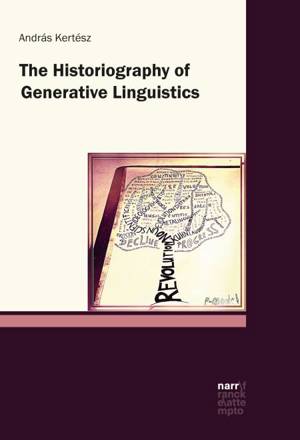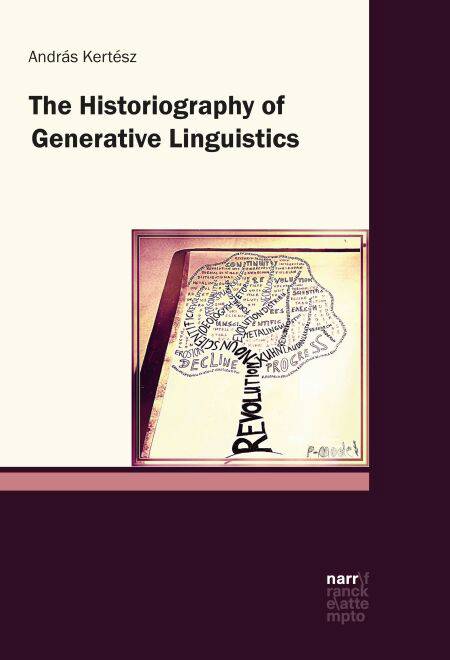
- Afhalen na 1 uur in een winkel met voorraad
- Gratis thuislevering in België vanaf € 30
- Ruim aanbod met 7 miljoen producten
- Afhalen na 1 uur in een winkel met voorraad
- Gratis thuislevering in België vanaf € 30
- Ruim aanbod met 7 miljoen producten
Zoeken
€ 46,40
+ 46 punten
Omschrijving
Although the past decades have seen a great diversity of approaches to the history of generative linguistics, there has been no systematic analysis of the state of the art. The aim of the book is to fill this gap. Part I provides an unbiased, balanced and impartial overview of numerous approaches to the history of generative linguistics. In addition, it evaluates the approaches thus discussed against a set of evaluation criteria. Part II demonstrates in a case study the workability of a model of plausible argumentation that goes beyond the limits of current historiographical approaches.
Due to the comprehensive analysis of the state of the art, the book may be useful for graduate and undergraduate students. However, since it is also intended to enrich the historiography of linguistics in a novel way, the book may also attract the attention of both linguists interested in the history of science, and historians of science interested in linguistics.
Due to the comprehensive analysis of the state of the art, the book may be useful for graduate and undergraduate students. However, since it is also intended to enrich the historiography of linguistics in a novel way, the book may also attract the attention of both linguists interested in the history of science, and historians of science interested in linguistics.
Specificaties
Betrokkenen
- Auteur(s):
- Uitgeverij:
Inhoud
- Aantal bladzijden:
- 210
- Taal:
- Engels
Eigenschappen
- Productcode (EAN):
- 9783823300687
- Verschijningsdatum:
- 13/08/2017
- Uitvoering:
- E-book
- Beveiligd met:
- Digital watermarking
- Formaat:
- ePub

Alleen bij Standaard Boekhandel
+ 46 punten op je klantenkaart van Standaard Boekhandel
Beoordelingen
We publiceren alleen reviews die voldoen aan de voorwaarden voor reviews. Bekijk onze voorwaarden voor reviews.








